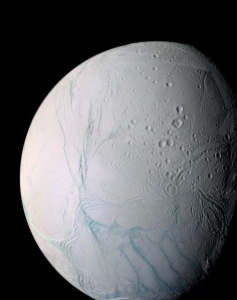
The title of this posting is no hyperbole. The “Chariot of Fear” is the ancient Greek personification of the mythological God Phobos, described by the ancients as horror riding his chariot across the night sky.
In reality, the diminutive moon Phobos, almost skimming the surface of the warrior planet Mars, is a potentially innocuous place to visit assuming you have a pressure suit and oxygen to breathe. Like Earth’s much larger moon, there is no atmosphere on Phobos. There is also no appreciable gravity.
NASA and Japan are planning a joint unmanned mission to the moons of Mars in 2024. The joint venture is called the Martian Moons eXploration Mission, or MMX. Those unmanned missions may be a prelude to later manned landings since NASA has considered landing astronauts on Phobos before landing on Mars, due to the lack of atmosphere and ultra low gravity of that moon.
Using the Hubble telescope, NASA generated a short video of Phobos as it orbits around Mars.
While researching a new novel, I was looking for a view of Mars from Phobos. Using the astronomy software Starry Night Pro 8, I found it.
Further more, I was able to make a 3 minute video of Mars going through an entire rotation, sped up of course some 150 times.
While the above video is aesthetically pleasing because of the background stars and the entirety of Mars being in the field of view (FOV), in reality Mars is too far away in this simulation. As the NASA movie suggests, the surface of Mars is much closer (about 6000 km away from Phobos), and thus in reality Mars fills a quarter of the celestial horizon as seen from Phobos. In other words, from Phobos the FOV of Mars is about 45°, which yields a more accurate view as shown in the following video, also made using Starry Night Pro.
The shadow of Phobos can be seen racing across the surface of Mars, to the left of center of the Martian equator.
From a writer’s perspective, thanks to affordable but sophisticated astronomical simulation software and a bountiful database of space objects and trajectories, both near and far, there is no longer an excuse for science fiction writers not getting their scenes setup correctly, assuming their stories are based on the observable universe.
As for the unobservable universe, well that’s where this thing called imagination comes into play. In an imaginary universe, there’s no fact checking allowed.










